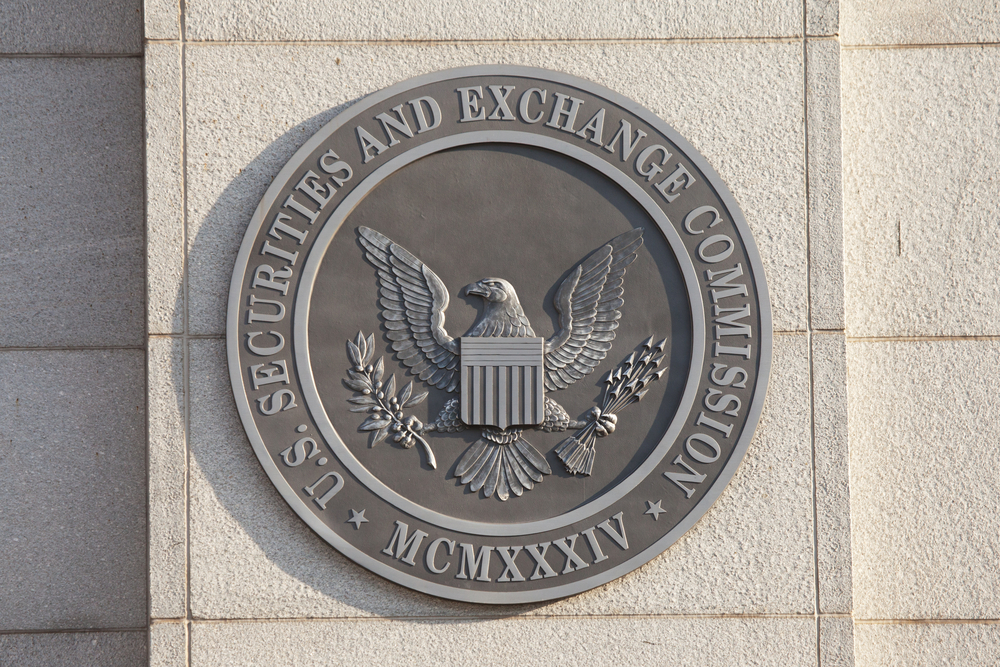In recent weeks, the SEC sent a shockwave of concern that’s reverberating through the blockchain industry – issuing subpoenas to companies that have conducted Initial Coin Offerings (ICOs).
Those of us who understand the regulatory process foresaw the SEC subpoena sweep coming from miles away. Those who operated under the false assumption that blockchains, ICOs and related innovations were outside of current laws need a simple lesson in regulation.
Regulation is inherently reactive, and is an intrinsic response to innovation. The natural cycle of regulation begins with innovation, which is often misunderstood and foreign to regulators, and is followed by a period of bureaucratic interpretation and finally by enforcement. The SEC took its time evaluating and understanding the Federal Securities Law (FSL) implications presented by distributed ledger technologies.
During this period of regulatory interpretation, an innovative new means of capital formation emerged: ICOs. While the SEC could initially refuse to opine on the securities implications presented by blockchains, the popularity and scale of ICOs ($6+ billion of unregulated capital raised, and counting) ironically propelled the SEC’s evaluation of the industry in the context of securities rules and regulations. The SEC’s initial conclusions, and the multitude of subpoenas sent to ICO-related entities, marks the beginning of the enforcement phase. History proves the sequence, first innovation, then interpretation, followed by publicizing that interpretation, and finally enforcement.
Regretfully, the interpretation phase and its associated regulatory limbo create an inherent friction between innovation and regulation. Innovation requires pushing the envelope and riding the metaphorical accelerator in order to drive industries forward, but is still (and always was) subject to regulation. The problem though, is that it is impossible for regulation and regulators to keep up with the pace of innovation. Therefore, as innovators push forward, they create a regulatory wild west populated by two distinct groups: risk-taking tech outlaws and conservative regulation-fearing teetotalers.
Generally, tech outlaws (often Silicon Valley technologists) have a mentality of develop first and worry about the consequences later (think: Uber, Airbnb). Until the recent subpoena sweep, the blockchain industry was mainly composed of tech outlaws who disregarded issuers, exchanges and service providers’ FSL violations, and instead focused on generating large returns on their investments in extra-judicial (illegal) ICOs. Now, the SEC has made it clear that it intends to ensure full compliance, through enforcement under the FSLs, and the ICO enthusiasts who initially benefited from participating in the tulip craze are suffering the consequences (and subpoenas).
On the other hand, the ICO-abstinent teetotalers, scoffed at for their cowardice by the tech outlaws, prudently instituted self-imposed prohibitions from participating in the ICO craze. Those in self-imposed exile avoided participating in offerings/issuers that were violating the FSL and forewent oodles of potential profits.
Regretfully, in the friction created between innovation and regulation there are no winners. When regulators eventually catch up, as they always do, the tech outlaws are left holding the bag. In the context of ICOs, that means tech outlaws are likely stuck with unregistered, non-exempt securities that can’t be legally traded on virtual currency or securities exchanges in the United States. Essentially illiquid paper, at least domestically. The prudent teetotalers can sit back and enjoy watching their counterparts’ consumption of large servings of humble pie, but do so with light pockets.
The DAO investigation, arguably the first arrow shot from the SEC’s metaphorical quiver, while appearing to allow the SEC to get ahead of an issue, is indicative of regulation in general. Regulation by nature is reactive (not proactive) as the SEC has to react to market forces, and actions to protect the investing public.
ICO issuers, generally using an ERC-20 to raise capital from the general public, raised $6+ billion through extra-judicial means. These issuers, service providers, exchanges and wallet providers likely violated numerous securities laws. Some argue that the SEC was delinquent in fulfilling its mandate of protecting the investing public, but that is harsh, if not naïve. The Commission took the time to understand ICOs and the potential implications of blockchain innovation and acted through its subpoena sweep to protect the investing public after seeing a multitude of FSL violations. Again, regulation is inherently reactive, and the SEC reacted once its analysis concluded there was a problem.
The Commission is now prepared to aggressively tackle the issues/violations associated with ICOs, hence the ramping up of the enforcement phase. The sequence of events starting with the DAO report, and culminating in the subpoena sweep of ICO issuers and service providers, follows the typical enforcement cycle. Innovators proactively innovate, and regulators evaluate and react. It is not a question of if, but when regulation will be applied and enforced. The industry should be prepared for the waves of enforcement actions and criminal proceedings coming its way.
By Aaron Kaplan, Co-founder and COO, Prometheum

